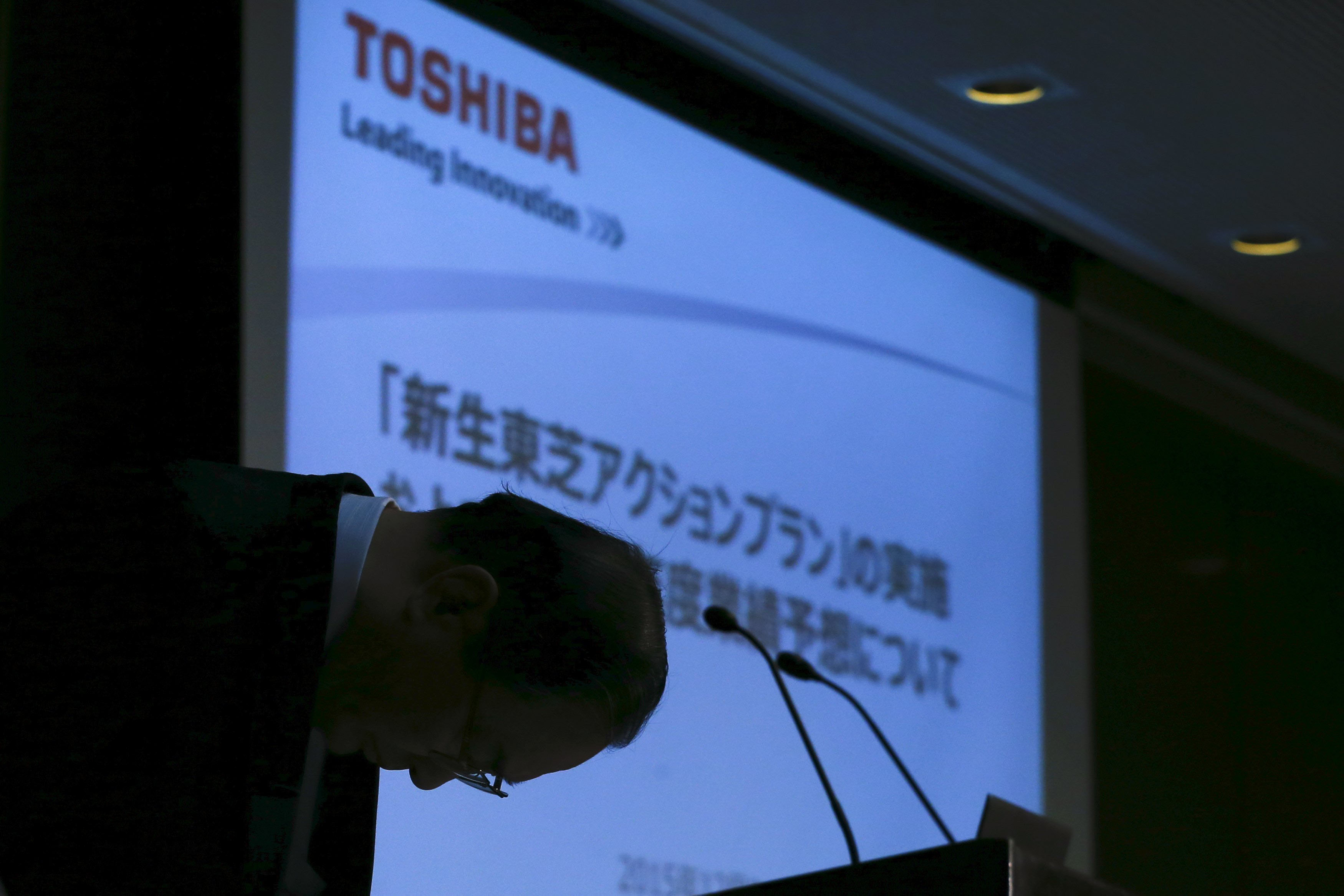Japanese press outlets often cover scoops from competing outlets, but it's rare to build on a competitor's story with original reporting, especially when the scoop is a few years old. In December, the weekly magazine Aera, which is affiliated with the Asahi Shimbun, ran an article about a secret meeting that took place between representatives of Japan, Mongolia and the United States almost five years ago. This meeting was first reported by Haruyuki Aikawa in the May 9, 2011, issue of the Mainichi Shimbun.
What interested Aera reporter Atsushi Yamada about the article was Aikawa's assertion that Toshiba Corp. was on hand for the negotiations. In 2006, Toshiba had bought a majority share in the American company Westinghouse, a manufacturer, like Toshiba, that started out in the home electronics field and eventually expanded into nuclear power plant construction. Japan said it would buy uranium mined in the central Asian country and in return Mongolia would tap Japan's nuclear energy expertise in building power plants and, more significantly, nuclear fuel reprocessing facilities that would incorporate the acceptance of high-level nuclear waste from Japan and other countries.
Though the Mainichi story received little attention in Japan or the U.S., it was translated and disseminated in Mongolia, thus leading, only three months after the 2011 nuclear meltdown in Fukushima, to citizen protests against the deal, which opponents said would turn their country into a "toilet" for the world's nuclear waste. Later, the Mongolian government said it might be difficult for it to accept this waste.



